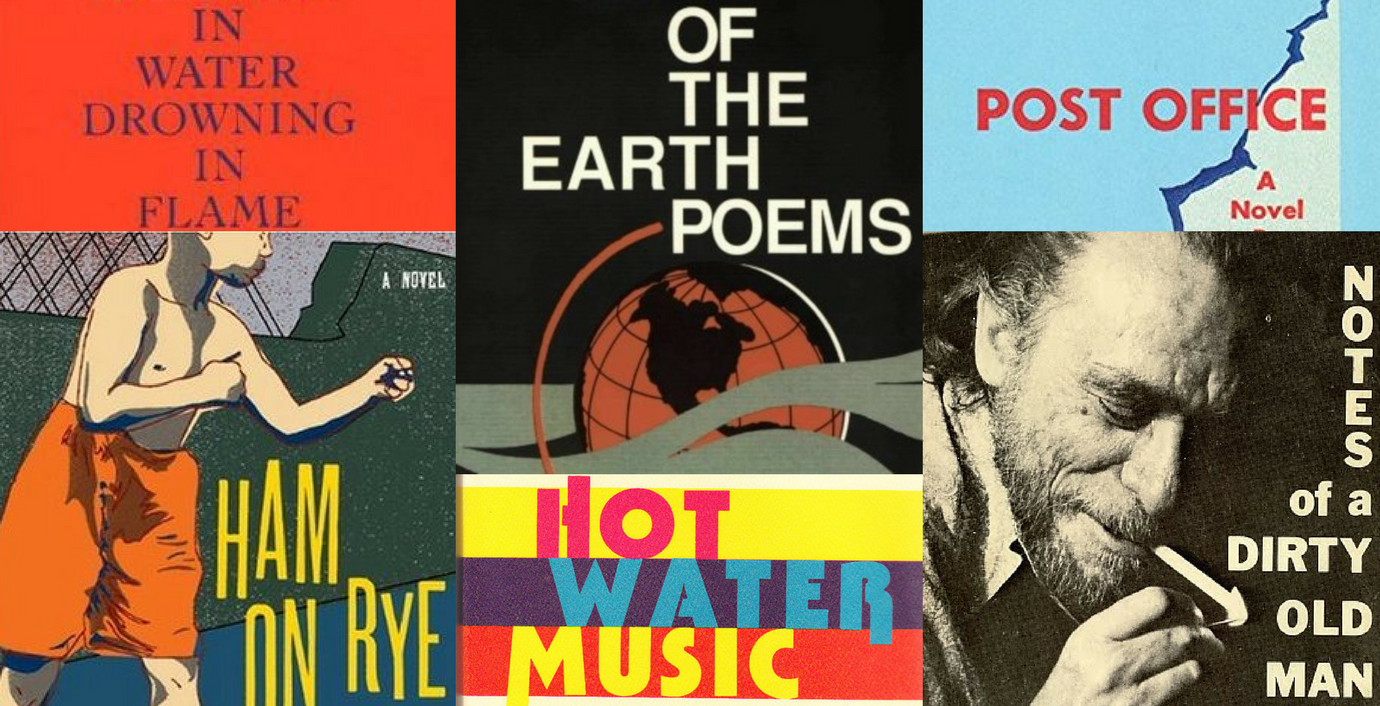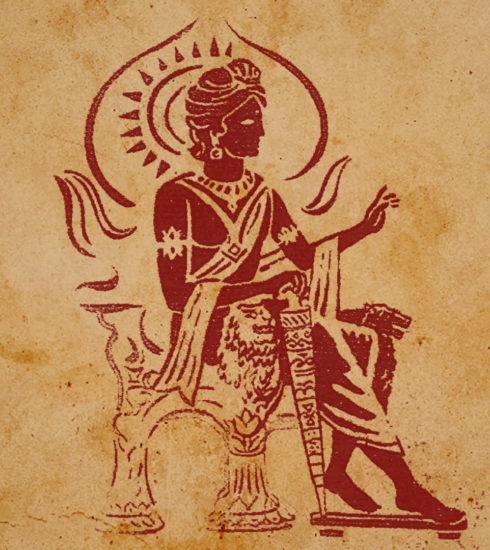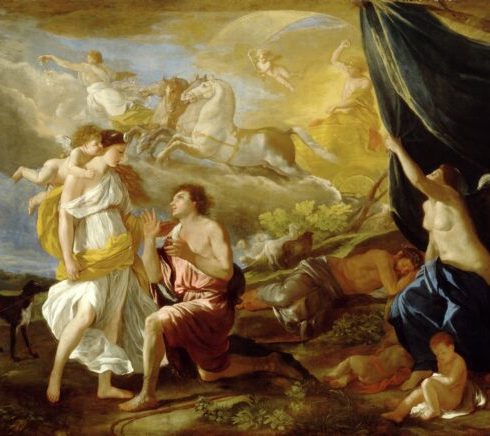Some Of Charles Bukowski’s Poetry And Stories
This article describes the life and works of American short story writer, Charles Bukowski. Charles Bukowski was born in San Francisco and he moved to New York City when he was twenty years old.
He was a student of Edward Said’s poetry. After that, Bukowski joined the avant-garde art group Nada. He worked for several artists before settling in to write full time.
A Book of Changes is a collection of short stories that can be described as a dark comedy. Charles Bukowski wrote eighty-some stories for which he received eight Emory prizes. His first novel, The Sun Also Rises was never published.
But his second novel, Heart Dance, was published after only one book since the previous novel. It went straight to the top of the best-sellers list. It was later turned into a motion picture and later an animated cartoon.
A Book of Changes is a short story collection that has many twists and turns.
Charles Bukowski uses a unique style of writing where each line contains a thought provoking comment about a situation. Some of the stories are very serious, while others are very comical. The key to A Book of Changes is in its voice, which is always funny and sometimes scary.
In this poem, Bukowski describes a dream that he had while traveling to Europe on a business trip. He saw an old man sitting in a park with a dog and a horse. The old man told the boy, “My name is Lazarus and I have a dream that you will be the next person to write a book of the dead.”
The short story collection includes eighteen poems. The story includes one called, “The Redneck Bride”. In this story, a man named Frank arrives in America and lives in a trailer home on the Mississippi. One night, when Frank was asleep on the couch, a storm rages through the area and destroyed the trailer home. Frank was able to salvage some of his belongings and went on a long journey across the country to find a new home.
The poem “Don’t Sleep, Think, Listen” tells the story of a man who has trouble sleeping and always seems to be running toward danger. In this short story, the poet describes the scene of two teenage boys drowning in a canal. The poet ended the poem with a chilling quote. He wrote, “But sometimes they do come back.” Another poem called “Strawberries” is about a man who was shot by a drunk driver and left paralyzed from the neck down.
A Book of Changes was published in 1950, but it did not become a best seller.
It only stayed on the short story list for eleven years, before being completely forgotten. However, it did receive an additional twenty-one poem in an anniversary edition. The year after that, a compilation of the short stories was released as Neverland.
Charles Bukowski is one of the most famous American poets. His poems have won numerous awards and his collection of short stories was recently made into a movie starring Matt Damon and Anne Hathaway.
Bukowski’s son, Maxim, wrote a novel based on the life of their father. Charles is also very involved in philanthropic work and works closely with writers and artists who are fighting to save the world. In addition, he is active in many political, social, and environmental causes and has made several contributions to charity.

“Strawberries” is one of many poems from Charles Bukowski’s brief series about a man who becomes a strawberry. It is also the third in a series called The Short Story Collection. The title refers to a story that runs in the collection, which otherwise consists of nine short stories. All nine stories were originally published in English in Highlights in Fiction.
This poem deals with a strawberry, who falls in love with a boy. After they break up, the boy tells the girl to forget about him, and that she should concentrate on her own life. However, the girl decides to meet this boy again and see how much she really loves him.
Things go bad between the two, and then the boy stabs her to death. The poem ends with the words “She died a little while ago / In her sweet youth / But the memory still lives in my heart.”
This is another short story that comes from the same collection. It is called “The Day I Swapped My Diamonds for a Small Profit.” In it, the poet has a character say goodbye to his diamond ring before selling it to a pawn shop.
The words “I had thought / I had been made to be / That diamonds were only jewelry” are then heard before the last line. Afterward, he passes his diamond ring to his pawn shop-and finds it is not for sale.













